When “That’s Not Fair!” Echoes Through Your Home: Why Fair Doesn’t Mean Equal

“That’s not fair!”
If you’re a parent, chances are you’ve heard this protest a thousand times. It might burst out when one child gets a bigger cookie, when a sibling stays up later, or when you spend extra time helping one child with homework. Each time, you may feel that twinge of guilt—or the urge to launch into a courtroom-worthy defense explaining your parenting decisions. But what if I told you that fair doesn’t mean equal—and that teaching this truth to your children could transform not only their relationships with each other but also the way they see God and the world.
The Comparison Trap
God created each child uniquely, with different needs, strengths, and struggles. Yet children often compare themselves relentlessly, tallying every privilege and resource. “He got more ice cream.” “She always gets to pick the movie.” “How come he doesn’t have to do as many chores?” Behind these complaints lurks a powerful belief: “If things aren’t equal, then I’m not loved as much.”
This belief fuels sibling rivalry, jealousy, and bitterness. Children measure love in scoops of ice cream, minutes of screen time, or how many sprinkles are on a cupcake. And if we as parents rush to make everything perfectly equal, we unwittingly feed the monster of comparison.
Yet God calls us to something higher, and it’s beautifully practical.
God’s Example: Uniqueness Over Uniformity
Consider how God treats His people. He doesn’t give everyone the same talents, resources, or life paths. Romans 12:6 says, “We have different gifts, according to the grace given to each of us.” In the parable of the talents (Matthew 25:14-30), three servants receive different amounts—five, two, and one. The master doesn’t scold the servant who received only two talents for not earning as much as the one who received five. He judges each according to what they were given, not in comparison with each other.
God is a Father who sees each child’s uniqueness. He doesn’t practice equal distribution—He practices just and wise distribution. When we parent from this perspective, we’re modeling God’s heart for our children, helping them see that love isn’t measured in identical portions but in thoughtful care for individual needs.
Practical Ways to Teach “Fair Doesn’t Mean Equal”
So how do we bring this biblical principle into the messy trenches of daily family life? It begins with changing the way we talk. Instead of saying, “You each get exactly the same,” we might say, “I’m giving you what you need right now.” When a child protests, “That’s not fair!” we can gently respond, “I’m not trying to make things equal. I’m trying to take care of each of you the best way I can.” This shifts a child’s thinking from constant comparison to understanding unique needs.
Children are concrete thinkers. They often assume the only reason you’re spending extra time or resources on one sibling is favoritism. If your daughter struggles to finish her morning routine and marks it on a chart, her brother may cry foul. Explaining gently can diffuse resentment. You might say, “Your sister is learning to get ready on time. That’s why she has a chart. You’re already good at that. If there’s something you’d like to work on, we can make a plan for you too.” Transparency removes the mystery and helps children see that each family member has unique areas for growth.
It’s tempting to even out every situation to avoid conflict, but that’s not always the right move. If you take one child shopping for new shoes because theirs are worn out, you don’t have to buy the other child something just to keep it equal. Teaching kids that different situations call for different responses isn’t neglect—it’s wise stewardship of your family’s resources and emotional health.
Comparison often stems from insecurity, so build your children’s sense of worth by pointing out their unique strengths. Tell them, “God made you so good at encouraging others,” or “Your creativity brings joy to our family.” When children feel secure in their own identity, they’re less threatened by what others receive.
Instead of shutting down “That’s not fair!” complaints, see them as open doors to conversation. Ask questions like, “Why do you think that feels unfair?” or “What do you think would be a good solution?” or “Can you trust me that I’m trying to do what’s best for each of you?” These conversations teach empathy and help children see beyond themselves.
The Long-Term Reward
Children who learn that fair doesn’t mean equal grow up with a healthier view of relationships, less jealousy toward siblings and friends, more compassion for others, and trust in God’s unique plan for their lives. They learn that love isn’t measured in identical slices of cake but in the way we care for each other’s unique needs.
When parents embrace the idea that fair doesn’t mean equal, they step off the exhausting treadmill of constant comparison policing. They begin to parent like God does—seeing each child as wonderfully individual and worthy of unique attention, discipline, and love. Psalm 133:1 says, “Behold, how good and pleasant it is when brothers dwell in unity!” True unity doesn’t come from perfect equality. It comes from each person learning to love and serve others—even when things aren’t “the same.”
May your home be a place where your children learn this beautiful truth—and may their relationships flourish because of it.
Want to dive deeper into biblical solutions for everyday parenting challenges? This post is just one idea from a much larger video course called How a Heart-Based Approach Changes Everything. Discover practical tools for transforming your family life today at https://biblicalparenting.org/how-a-heart-based-approach-works/.
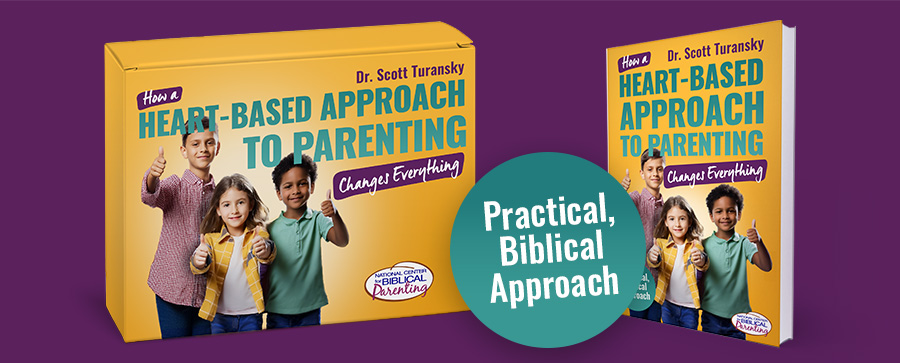

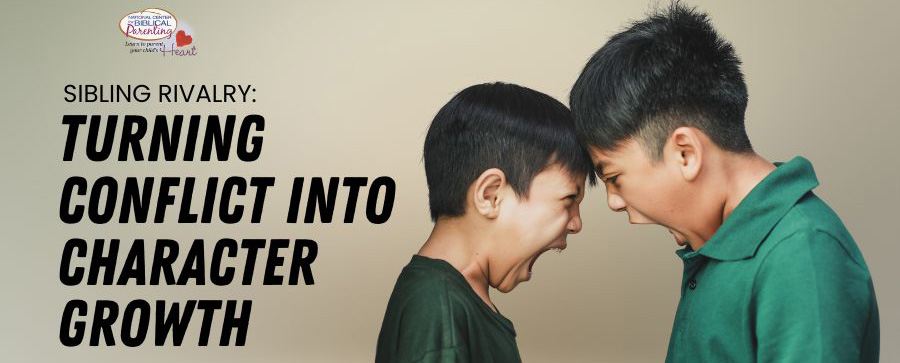


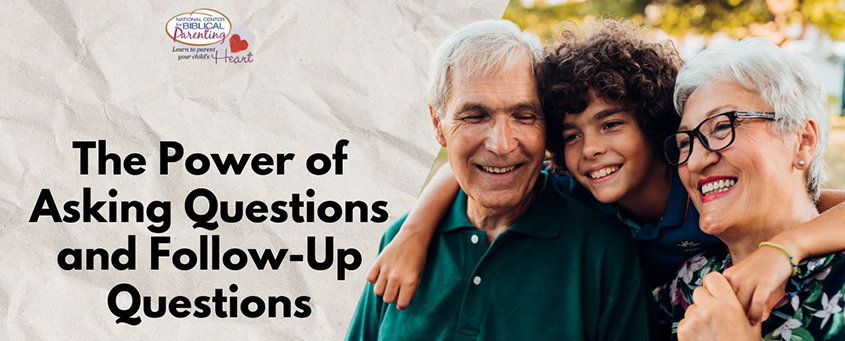
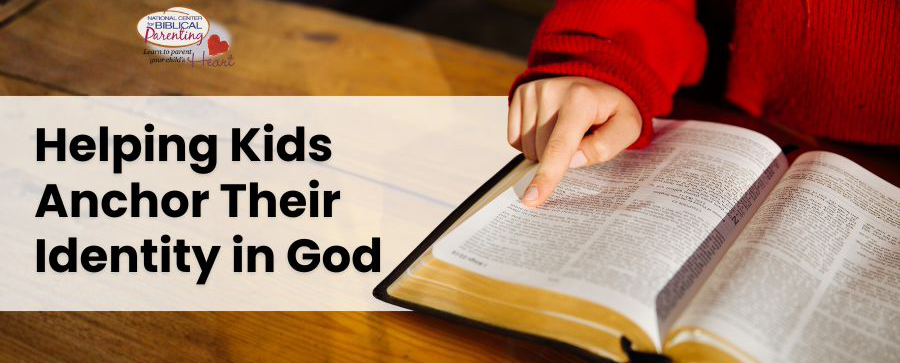
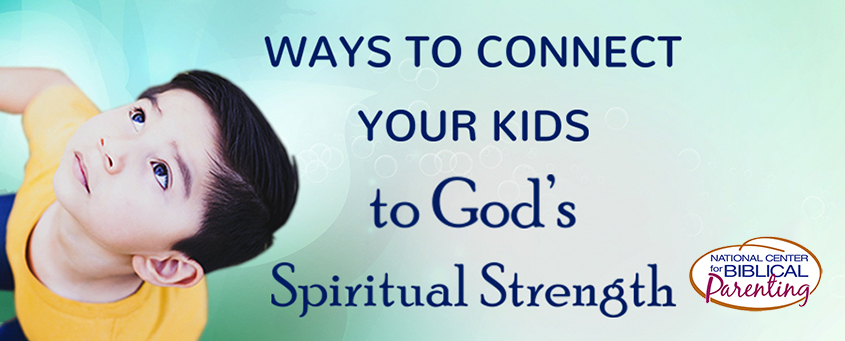
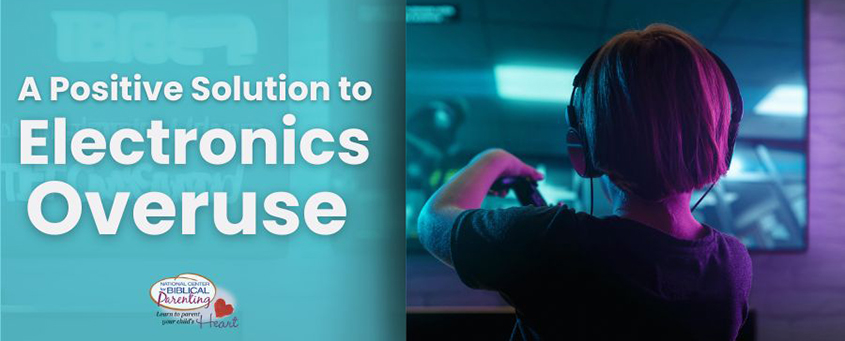
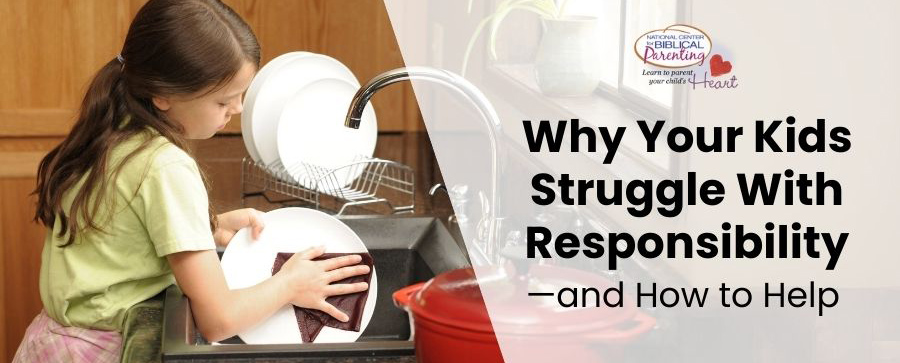

Leave a Reply
Want to join the discussion?Feel free to contribute!